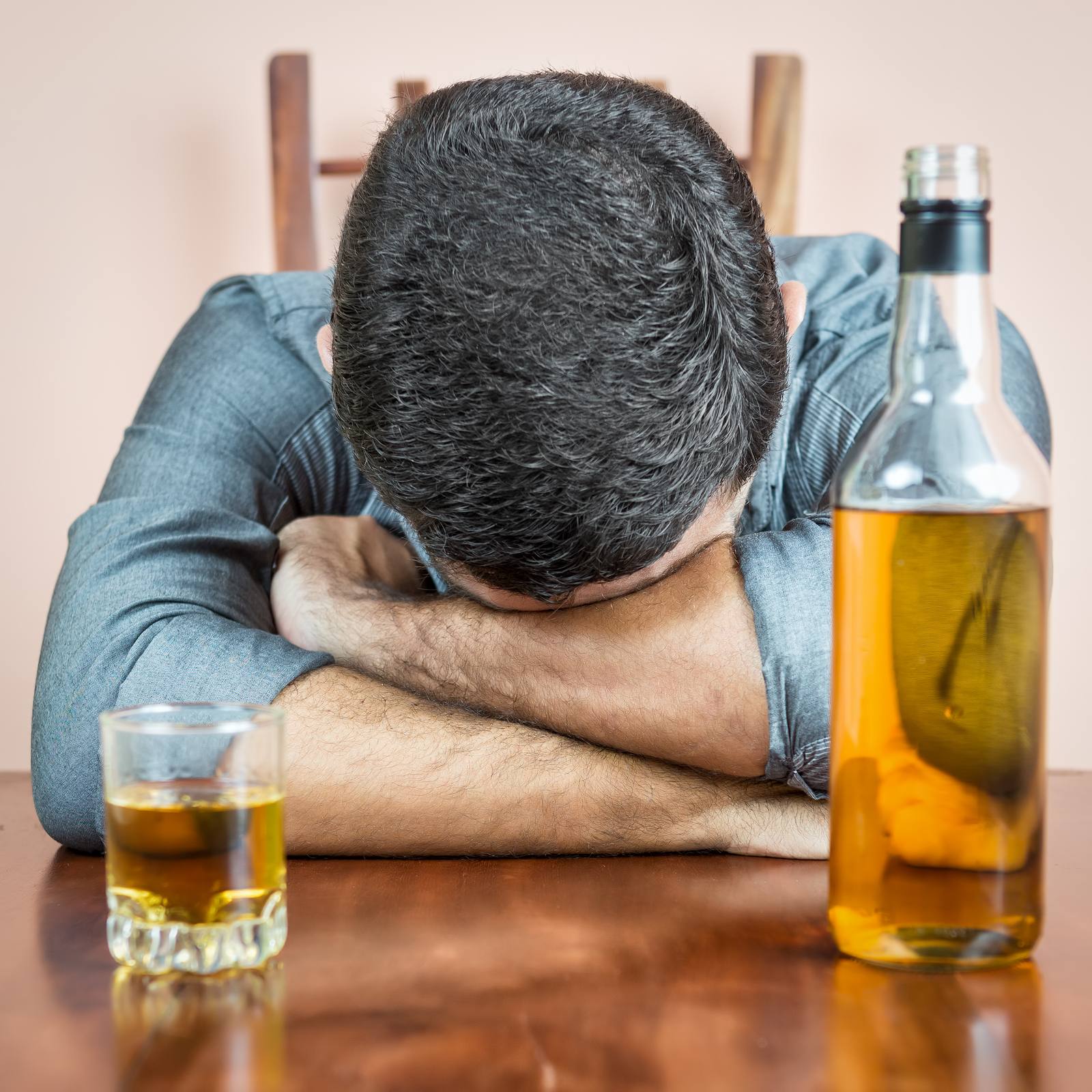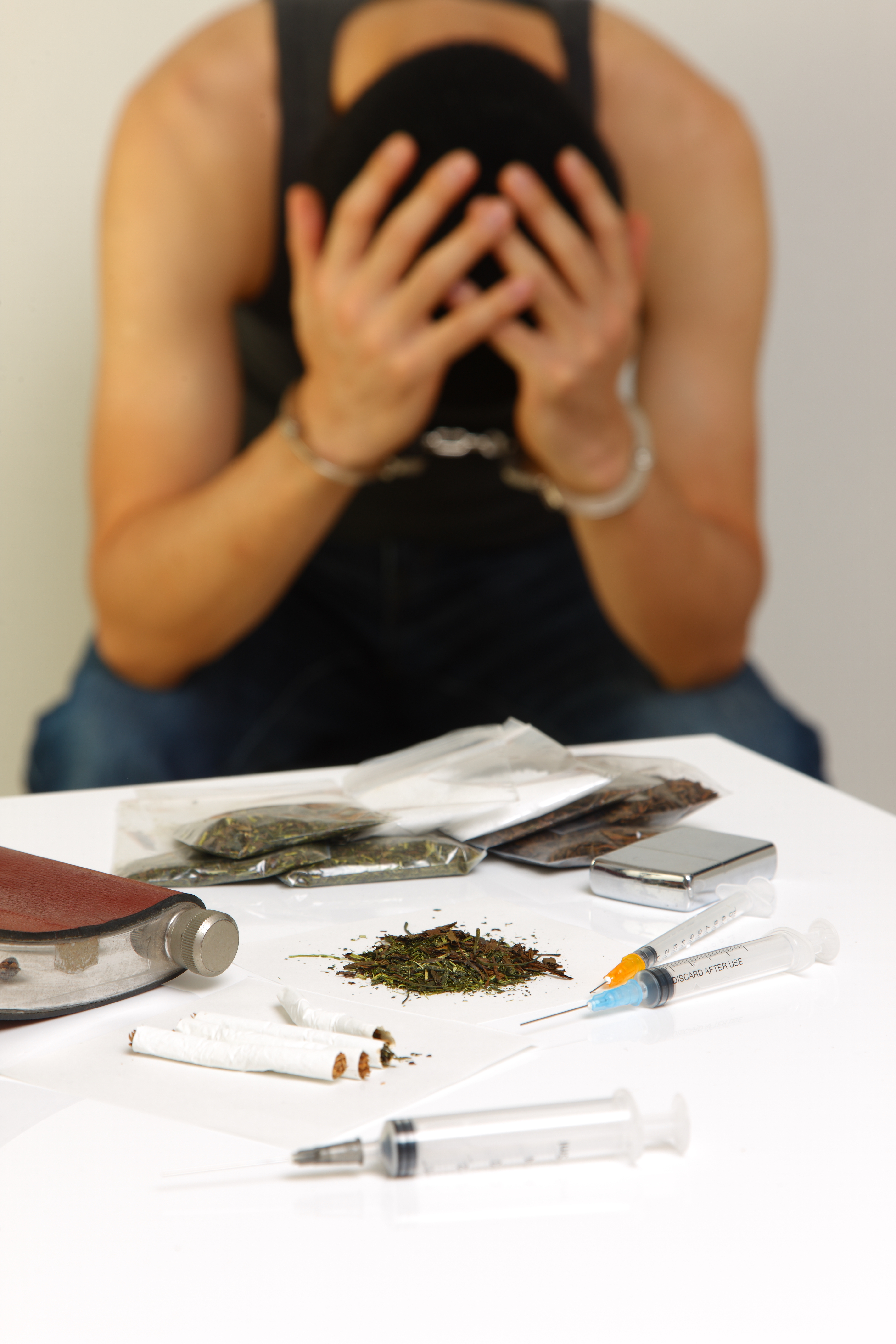Drinking problems and denial

Drinking problems and denial are the Conner stone of destruction in addiction
Drinking problems and denial: Helping alcoholism victims get treatment
If you’re ready to admit your drinking problems, you’ve already taken the first step. It takes tremendous strength and courage to face alcohol abuse and alcoholism head on and that is why in most cases expert across the globe including those from AWAREmed health and wellness resource center under the able leadership of doctor Dalal Akoury agrees that helping alcoholism victims get treatment is often very difficult due to the problems relating to the addictiveness of the substance and denial. Reaching out for support is the second step. But one very important point is that it really doesn’t matter whether you choose to go to a rehab center, get help from self-help programs, get therapy, or take a self-directed treatment approach, support is essential. Doctor Akoury reiterates that recovering from alcohol addiction is much easier when you have people you can lean on for encouragement, comfort, and guidance. Without support, it’s easy to fall back into old patterns when things get tough.
Nonetheless, it is important noting that, your continued recovery depends on continuing mental health treatment, learning healthier coping strategies, and making better decisions when dealing with life’s challenges. In order to stay alcohol-free for the long term, you’ll also have to face the underlying problems that led to your alcoholism or alcohol abuse in the first place. Those problems could be depression, an inability to manage stress, an unresolved trauma from your childhood, or any number of mental health issues. Such problems may become more prominent when you’re no longer using alcohol to cover them up. But you will be in a healthier position to finally address them and seek the help you need.
Drinking problems and denial: Helping a loved struggling with alcoholism
If someone you love has a drinking problem, you may be struggling with a number of painful emotions, including shame, fear, anger, and self-blame. The problem may be so overwhelming that it seems easier to ignore it and pretend that nothing is wrong. But in the long run denying it will be more damaging to you, other family members, and the person with the drinking problem. So then what shouldn’t you do?
- Don’t attempt to punish, threaten, bribe, or preach.
- Don’t try to be a martyr. Avoid emotional appeals that may only increase feelings of guilt and the compulsion to drink or use other drugs.
- Don’t cover up or make excuses for the alcoholic or problem drinker or shield them from the realistic consequences of their behavior.
- Don’t take over their responsibilities, leaving them with no sense of importance or dignity.
- Don’t hide or dump bottles, throw out drugs, or shelter them from situations where alcohol is present.
- Don’t argue with the person when they are impaired.
- Don’t try to drink along with the problem drinker.
- Above all, don’t feel guilty or responsible for another’s behavior.
The above don’ts are just guidelines which many have failed to comply with and has made grievous mistakes in the process. And so that you stand out, I want to seek your indulgence, to be different by seeking professional assistance from AWAREmed health center and doctor Akoury and her team of experts will help you professionally.
Drinking problems and denial: Helping alcoholism victims get treatment




